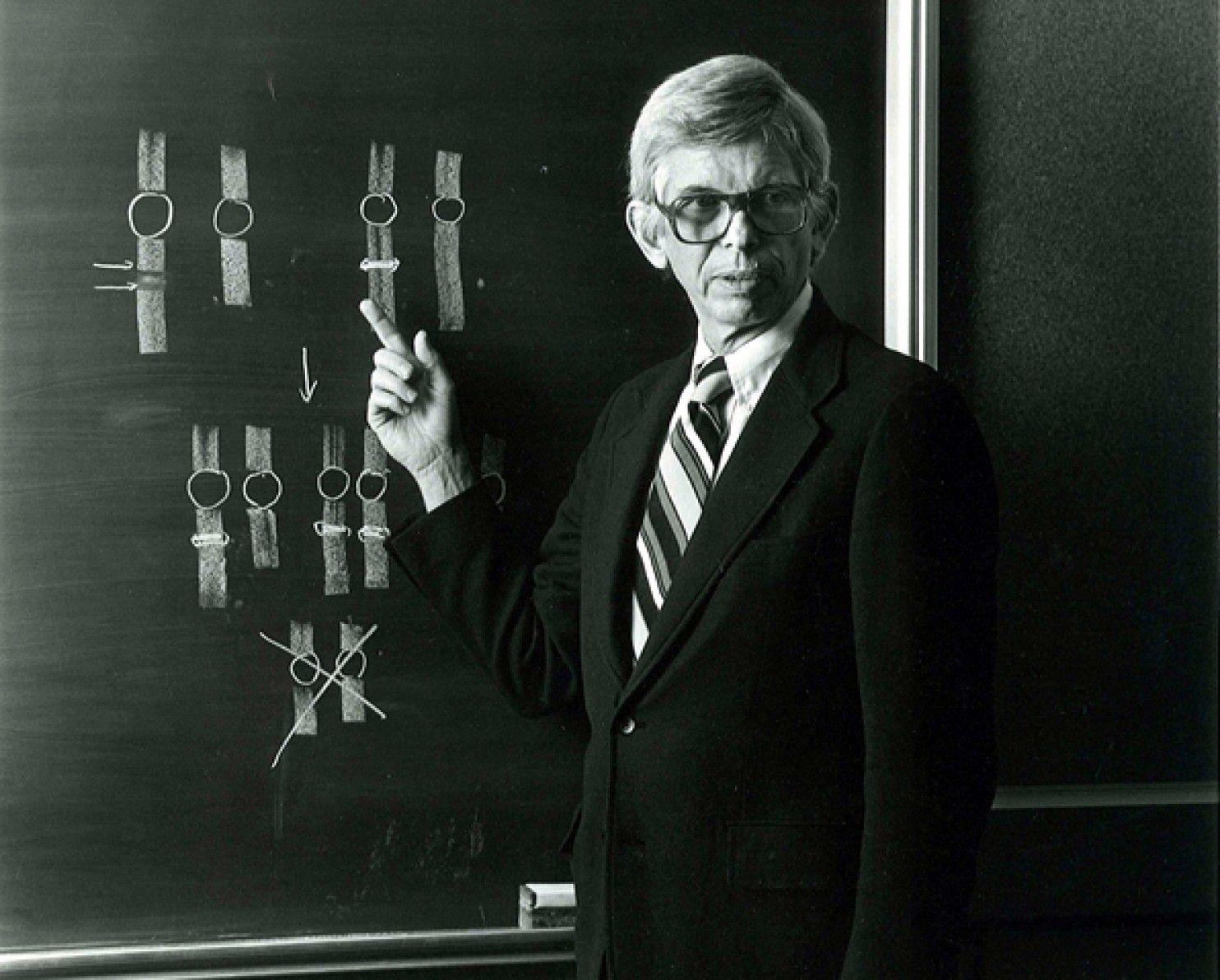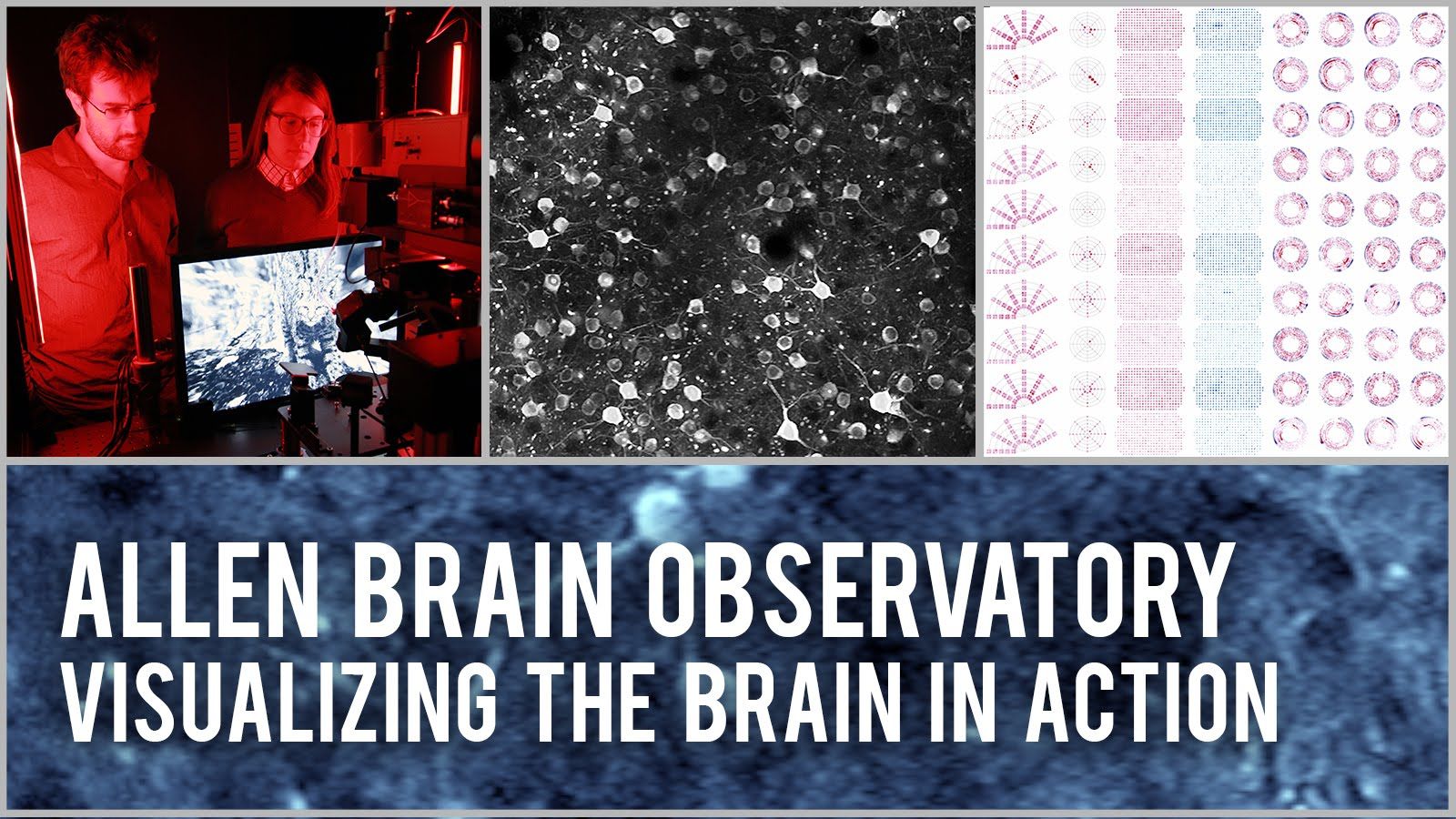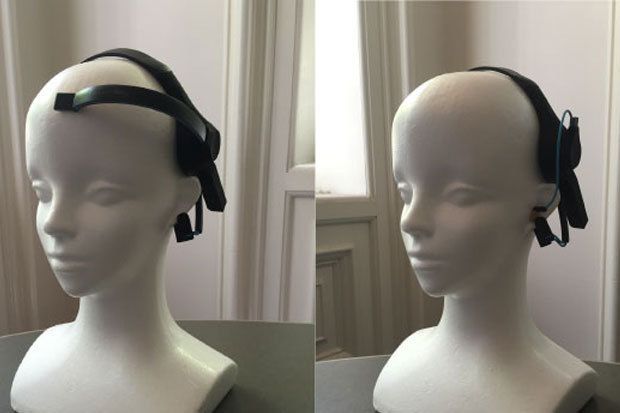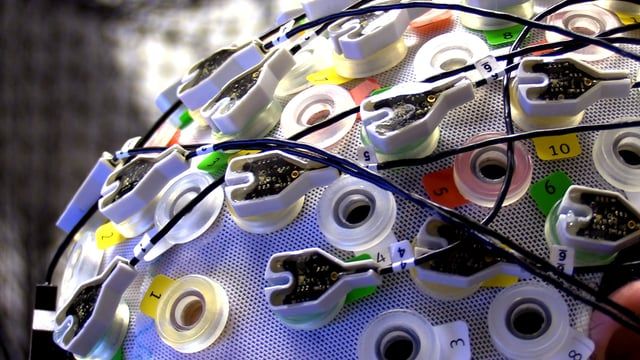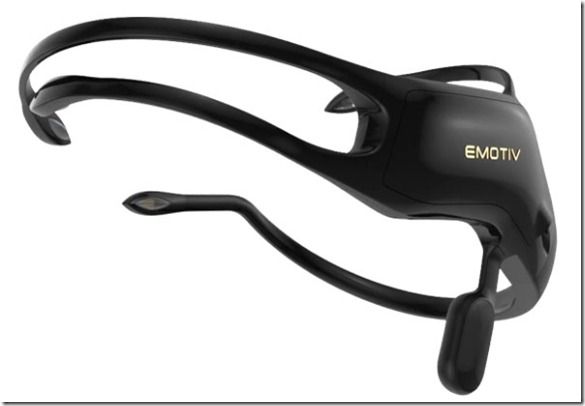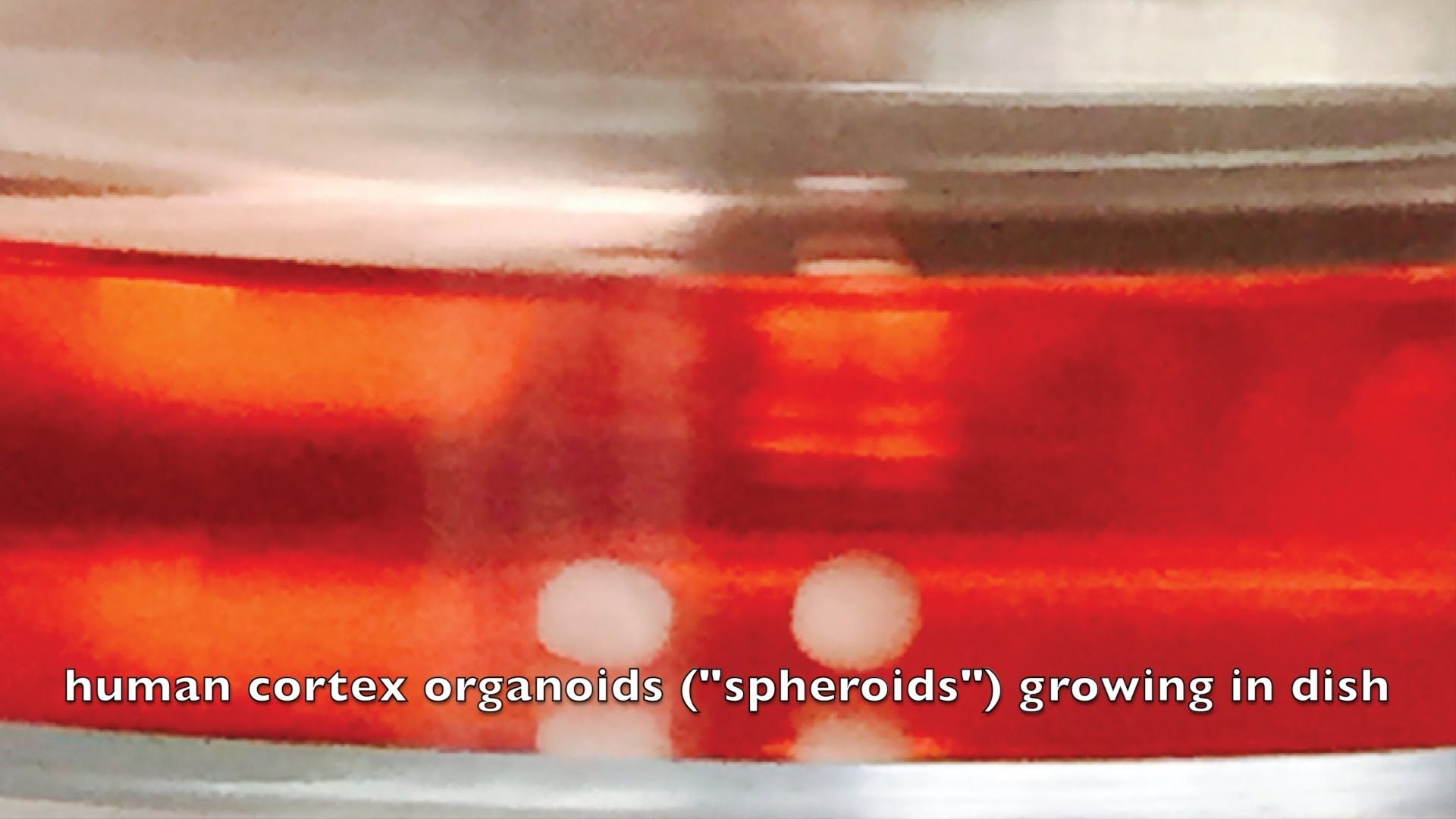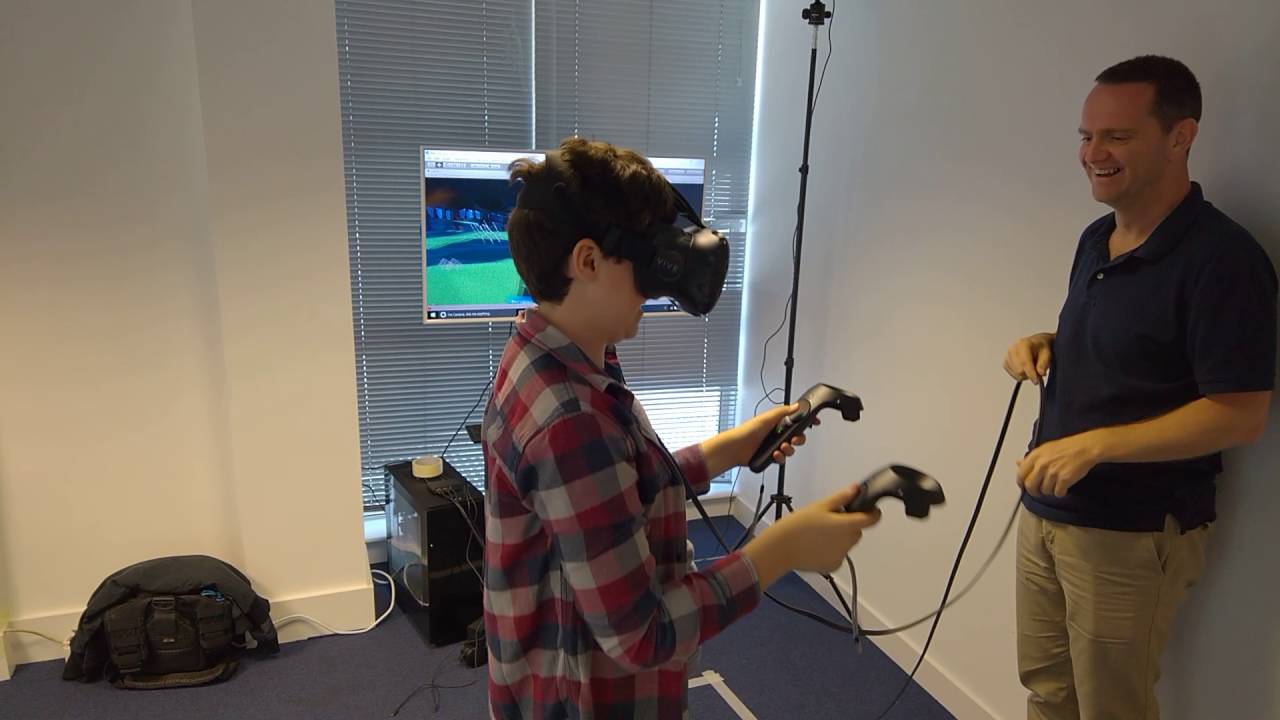Is it time for rehab for junk food junkies?
Apparently, all the burgers and smoothies you’re consuming cause your brain to forget to stop eating even when you’re full.
Can you relate to midnight cravings and the feeling of perpetual hunger? Do you resort to grabbing fast food on the fly or eating out of a tub of ice cream while you’re bored around the house?
New research reveals obesity may be a brain disease that worsens in people with a diet high in sugar and fat. People who are diet conscious and eat healthy are less likely to indulge in sweet cravings and unhealthy snacks, since their brain recalls a sense of fulfillment derived from watching what they eat. Consuming sugars and fats hinders the functioning of the hippocampus area of one’s brain, blocking from their mind the memories of when their stomach felt full.

